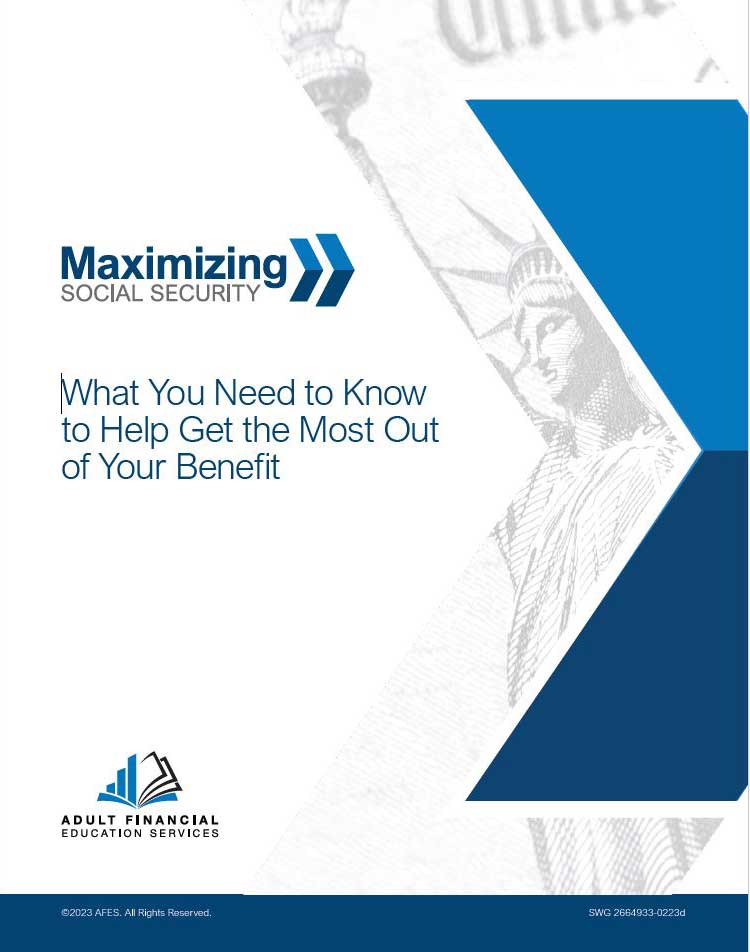Chances are you could live well into your 80s, your 90s and possibly even longer.
When you live a long life, the likelihood you’ll need long-term health care is greatly increased. Younger people also need long term care as a result of accidents or illnesses.
Almost 70% of people turning age 65 will need long-term care at some point in their lives1. Many people think the phrase “long-term care” refers to an insurance policy. While insurance may be part of your strategy, long-term care encompasses everything from long-term services and supports and finances, to where you will live and how you will navigate the myriad of legal, family, and social dynamics along the way.
Long-term health care is generally not covered by medical insurance, by Medicare supplement plans or group/employer insurance. For seniors on Medicare, the long-term care benefits can be quite limited.
That is why over 10 million Americans have purchased long-term care insurance1. We offer several LTC solutions including individual plans, asset-based long-term care, and life-insurance-based long-term care. We will work with you to find the best plan for your LTC needs.
1Source: Administration on Aging, U.S. Department of Health and Human Services

